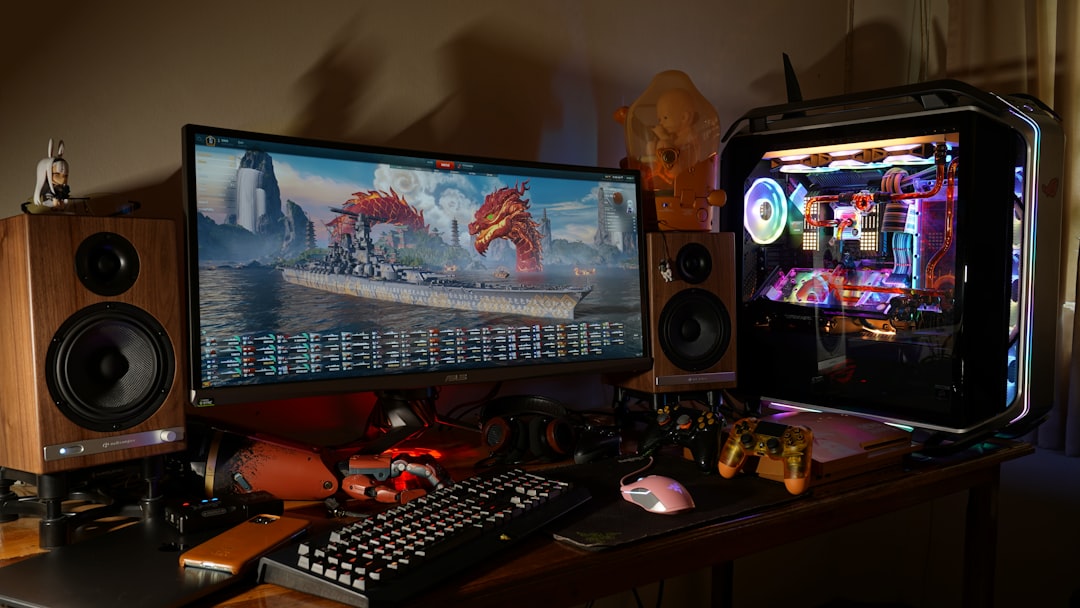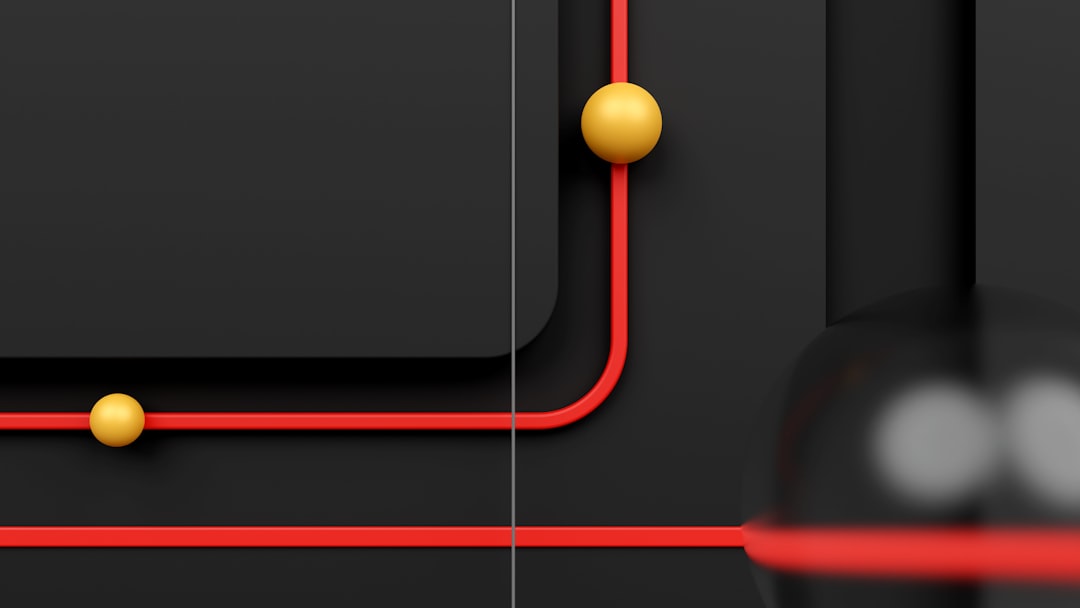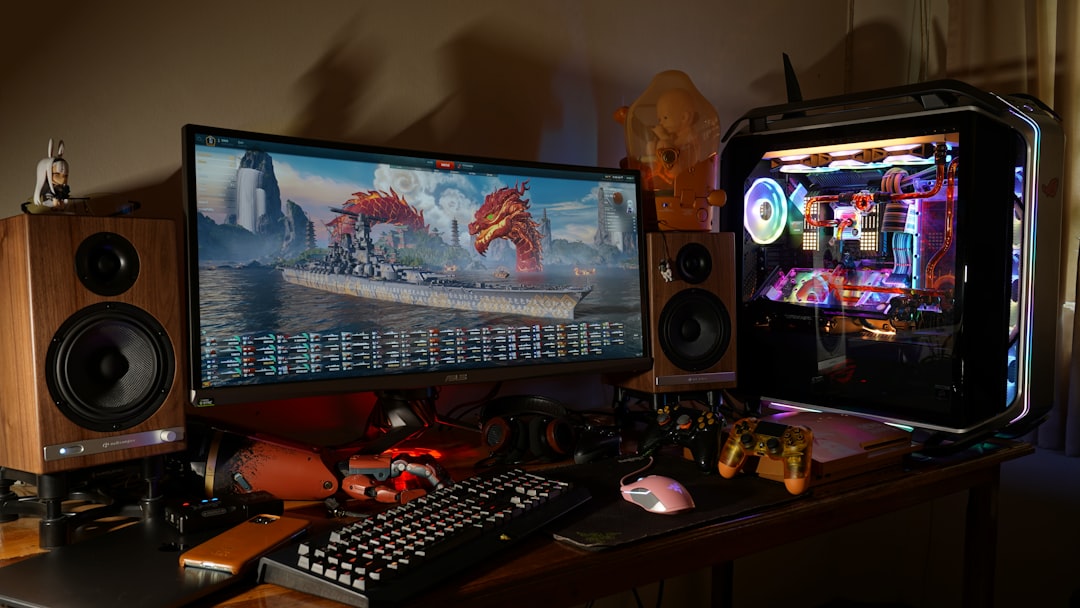For many players, playing Oblivion Remastered is the ultimate way to revisit one of Bethesda’s most cherished RPGs. However, despite the enhancements, this modded version of The Elder Scrolls IV: Oblivion often comes with its own set of frustrating issues. Fatal crashes, game not launching, or frequent CTDs (crash-to-desktops) can put a damper on even the most immersive of experiences. Fortunately, these issues are more common than you might think—and more importantly, they’re fixable.
This complete troubleshooting guide is designed to help you diagnose and fix fatal errors and crashes in Oblivion Remastered by walking through essential steps, tools, and optimizations.
Understanding the Cause of Crashes
Fatal errors in Oblivion Remastered typically stem from:
- Corrupted or incompatible mods
- Load order conflicts
- System memory limits (Oblivion is a 32-bit application)
- Outdated or missing tools
- Poor configuration or ini settings
Pinpointing the cause requires a careful, systematic approach. Start with these general steps before diving deeper into specific fixes.
1. Check System Requirements and Compatibility
Ensure your system meets the recommended requirements. Though Oblivion is an older game, the remastered version can be demanding due to the inclusion of texture overhauls, ENBs, and new scripts.
Recommended system specs:
- Windows 10 or later
- Quad-core processor
- 8 GB RAM or more
- Dedicated GPU with at least 2 GB VRAM
- SSD for faster loading times

If you’re running the game on a marginal system, crashes may simply be due to memory exhaustion.
2. Use the Right Tools
To effectively manage mods and prevent corruption, it’s crucial to install and configure the following utilities:
- Oblivion Mod Manager (OBMM) – for installing mods
- LOOT (Load Order Optimization Tool) – to sort your load order automatically
- Wrye Bash – for merging leveled lists and creating a bashed patch
- 4GB Patch – to allow Oblivion.exe to access more memory
- OBSE (Oblivion Script Extender) – required for many advanced mods
Installing these will stabilize your setup and reduce mod conflicts.
3. Run the Game in Administrator Mode and Compatibility Settings
Right-click your Oblivion.exe file, go to Properties > Compatibility, and enable:
- Run this program as an administrator
- Compatibility mode: Windows XP SP3 (if on Windows 10/11)
This improves stability, especially when writing to folders or accessing older DirectX APIs.
4. Clean and Sort the Load Order
The majority of fatal crashing in modded Oblivion installations stems from incomplete or faulty load orders.
Steps to correct your load order:
- Run LOOT to auto-sort.
- Manually review the order and compare it with mod author recommendations.
- Use Wrye Bash to create a Bashed Patch.
- Use TES4Edit to clean dirty mods (not every mod should be cleaned – research carefully).
Improper load orders often result in CTDs after the Bethesda logo, or when opening certain cells like cities or dungeons.
5. Apply the 4GB Patch for Memory Stability
Oblivion is a 32-bit application and does not, by default, utilize more than 2GB RAM. This is one of the leading causes of instability in heavily modded setups.
Use the NTCore 4GB patch by downloading the tool and applying it to your Oblivion.exe. This allows the game to access up to 4GB of memory, drastically improving performance and reducing crashes.
6. Optimize Your INI Settings
Messed up ini files often contribute to issues. Reset and optimize your Oblivion.ini and OblivionPrefs.ini:
- Navigate to
My Documents\My Games\Oblivion\ - Delete or back up the existing INI files
- Launch the vanilla game to regenerate defaults
- Then apply recommended settings from your favorite ENB or overhaul mod’s documentation
Within Oblivion.ini, make sure:
bUseWaterReflections=0is set if you experience water crashesbUseThreadedAI=0avoids instability in multi-core systems

7. Disable Unstable Mods
If you’re getting frequent crashes after installing a certain mod, try disabling it and testing your game. Some known problematic mods include:
- Large-scale overhauls not designed for Remastered installations
- Script-heavy mods that conflict with others (e.g., weather systems or combat AI mods)
- High-resolution textures for low-spec PCs
8. Check OBSE Plugins
Make sure all OBSE-dependent mods and plugins are compatible with your current version of OBSE. Some OBSE plugins are not forward-compatible, and old plugins can crash the game instantly if loaded into an incompatible build.
Use OBSE Plugin Checker to verify compatibility and disable any unnecessary plugins.
9. Monitor System Resources
Keep an eye on how much RAM and VRAM the game is using. Use performance monitoring tools like MSI Afterburner, RivaTuner, or Windows Task Manager. If you see spikes right before a crash, it’s likely your system has maxed out due to the mod load or resolution settings.
10. Review Crash Logs
Although Oblivion crash logs aren’t always helpful, mod organizers like MO2 or the Crash Fixes Plugin can help log and diagnose common script errors. If necessary, run the game in windowed mode to more easily spot crash-causing behavior.
Frequently Asked Questions
- Q: My game crashes on startup. What should I check first?
- A crashing game immediately upon launch usually points to load order issues, OBSE mismatches, or failed plugin dependencies. Start by checking if you’re using the correct OBSE version and run LOOT to organize your load order.
- Q: Is the 4GB Patch safe to use with all versions of Oblivion?
- Yes. It’s actually recommended for any modded build. It allows Oblivion to use more than 2GB of RAM and helps reduce crashes, especially during cell transitions and battles.
- Q: Why does my game crash entering cities or indoors?
- This is often due to corrupted meshes, missing textures, or overloaded cells. Try disabling recently added mods that affect these locations and verify your resource paths.
- Q: Can I use ENB with Oblivion Remastered?
- Yes, but some ENB presets are heavier than others. Always check if the ENB you’re using is compatible and optimized for Oblivion. Low-end PCs might crash more often with ENB enabled.
- Q: Should I use Mod Organizer 2 or OBMM?
- Both work, but MO2 offers better mod isolation and logging. OBMM is simpler and fine for smaller mod lists. MO2 is recommended for serious modded builds due to better error tracking.
With the right tools and knowledge, even a heavily-modded Oblivion Remastered setup can run smoothly. By organizing mods, optimizing settings, and resolving incompatibilities, players can unlock a stable and immersive experience worthy of
 logo
logo


